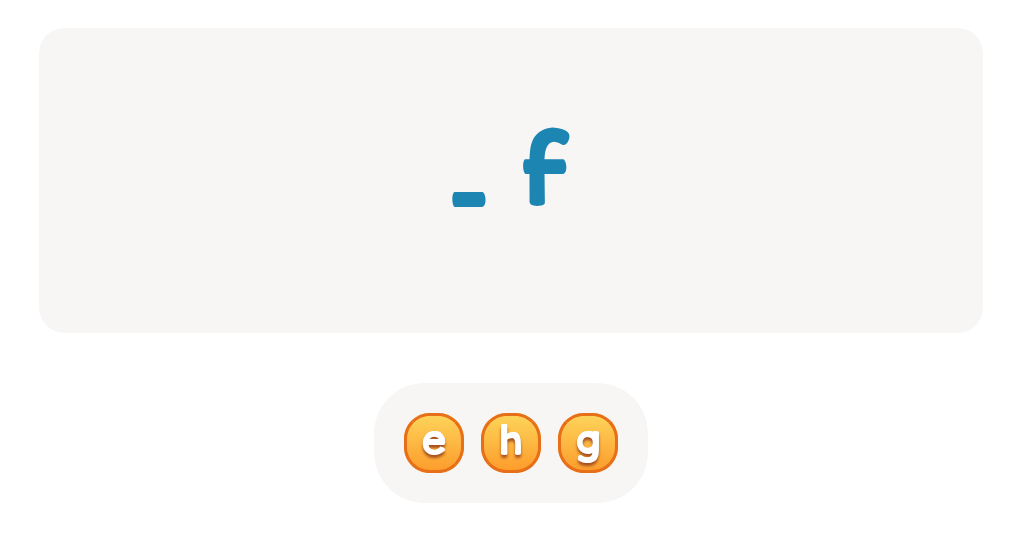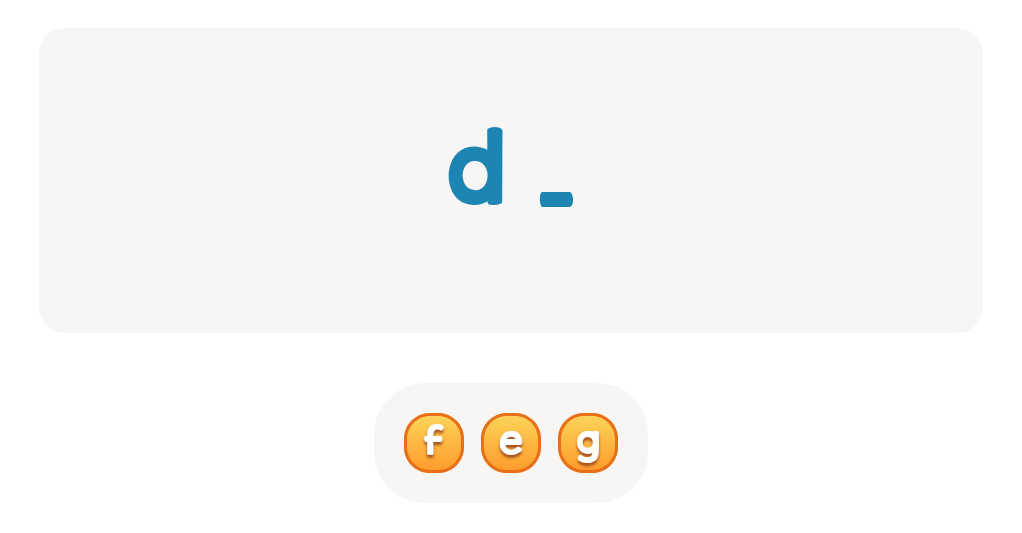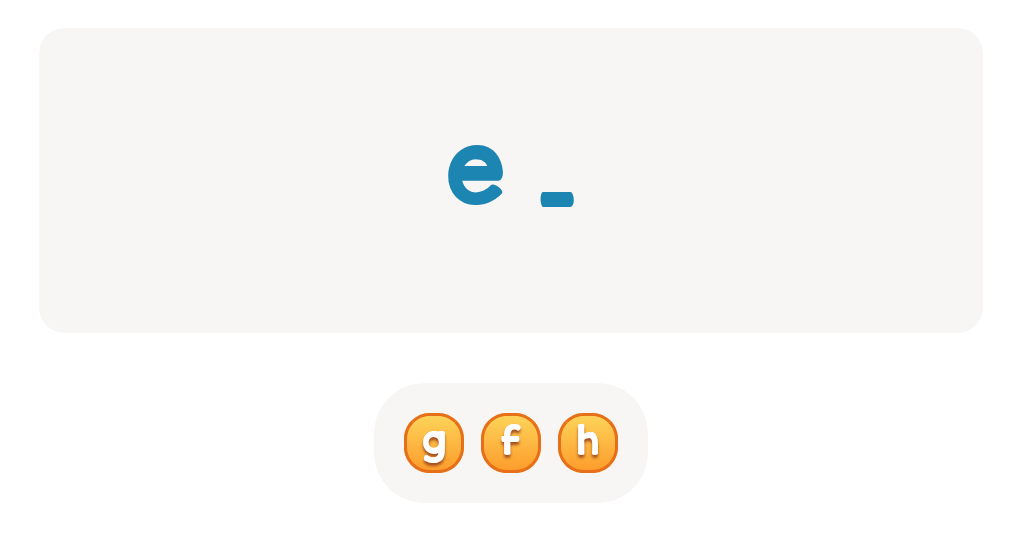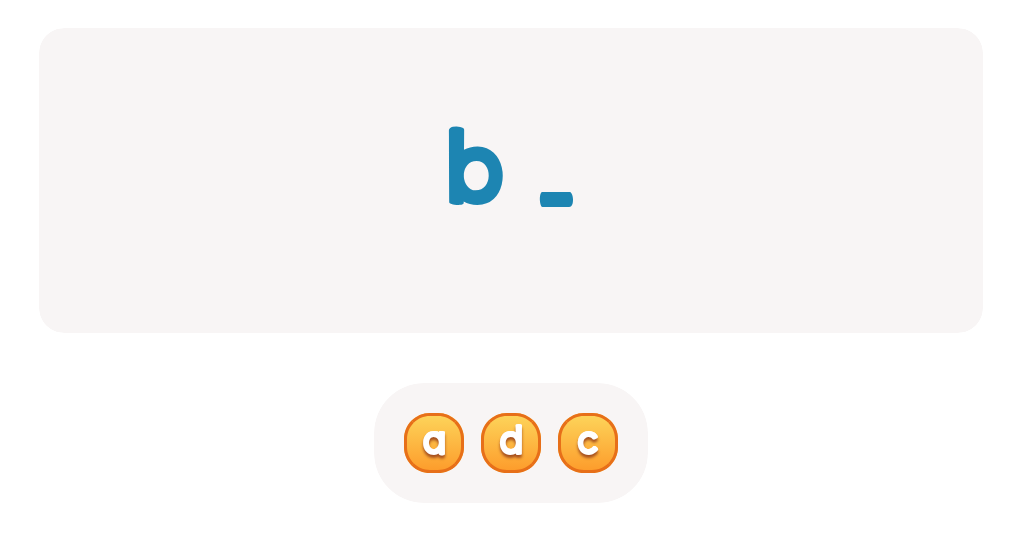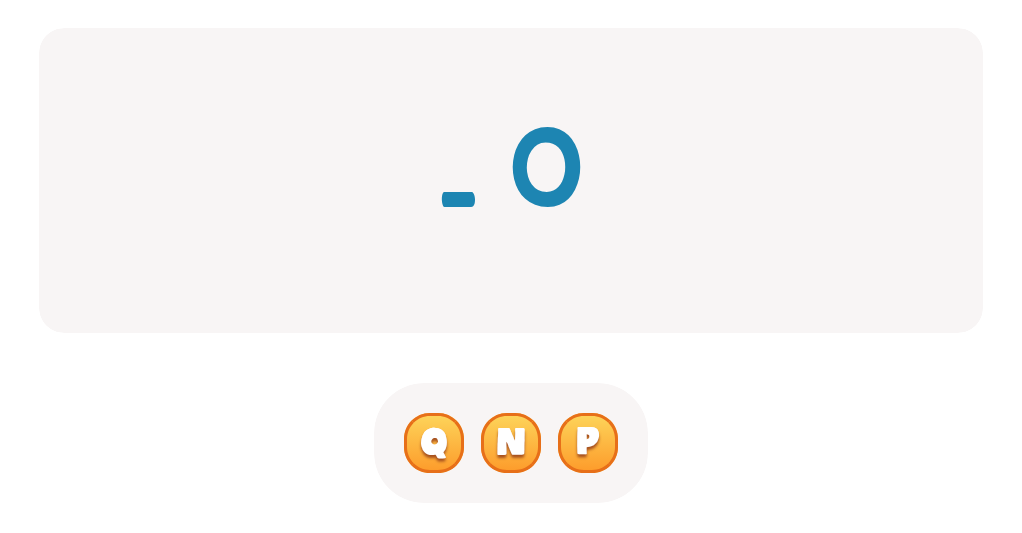Fine motor skills development ABC Letters Worksheets for Ages 3-9
3 filtered results
-
From - To
Discover our Fine Motor Skills Development ABC Letters Worksheets designed for children ages 3-9. These engaging, educational worksheets help young learners enhance their handwriting abilities, precision, and coordination while mastering the alphabet. Each worksheet strategically combines fun activities with letter tracing and writing exercises to strengthen fine motor foundations essential for daily tasks and academic success. Perfect for parents and teachers, these resources promote a love for learning while fostering essential developmental skills. Visit Kids Academy to download printables that turn fine motor skills practice into a delightful adventure in learning the ABCs.
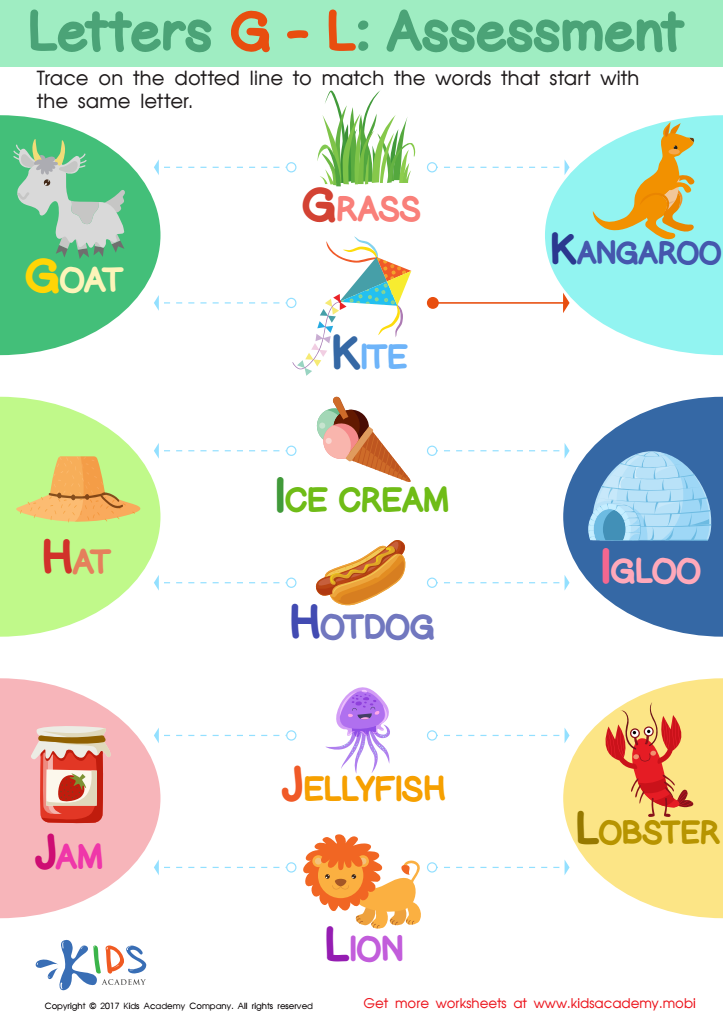

Letters G-L Worksheet
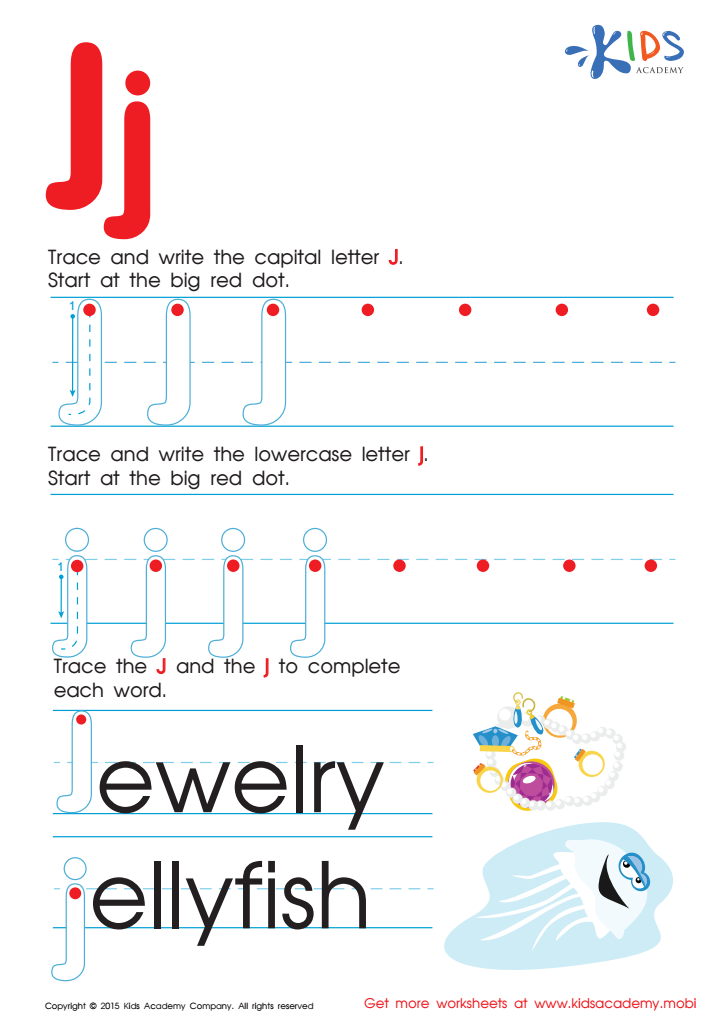

Letter J Tracing Page
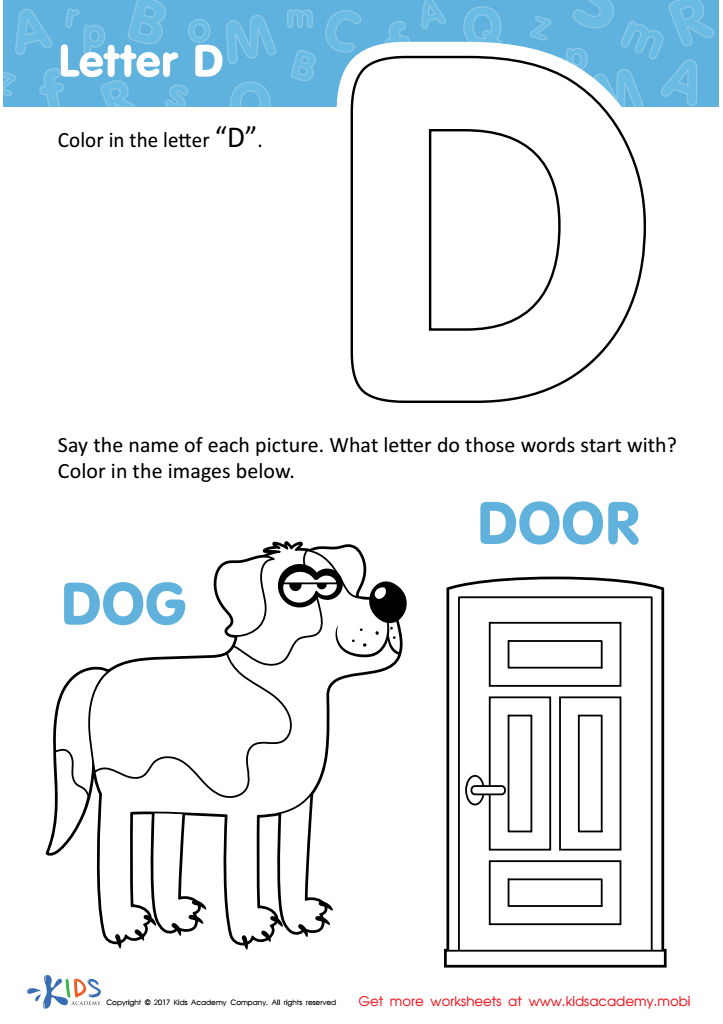

Letter D Coloring Sheet
Fine motor skills are essential for children's overall development, especially during their formative years between ages 3-9. These skills involve the coordinated efforts of small muscles in the hands and fingers, which are crucial for performing everyday tasks. For example, the ability to write, use scissors, tie shoelaces, and manipulate small objects all hinge on fine motor skills.
Encouraging fine motor skill development through activities such as ABC letters offers multiple benefits. Firstly, it fosters early literacy. As children learn to grasp pencils or crayons and trace or write letters, they gain familiarity with the alphabet, which is foundational for reading and writing skills. Secondly, practicing ABC letters enhances children's hand-eye coordination and cognitive abilities as they understand the shapes and forms of each letter.
Additionally, fine motor skill activities boost children's confidence and independence. Successfully writing their own name or completing a letter tracing sheet can provide a strong sense of accomplishment. This confidence can extend to other classroom activities, improving overall academic performance.
Teachers and parents play a critical role in this developmental stage. By incorporating fun, fine motor skill exercises like tracing and drawing ABC letters, they lay the groundwork for children’s future academic success and everyday competence.
 Assign to My Students
Assign to My Students
